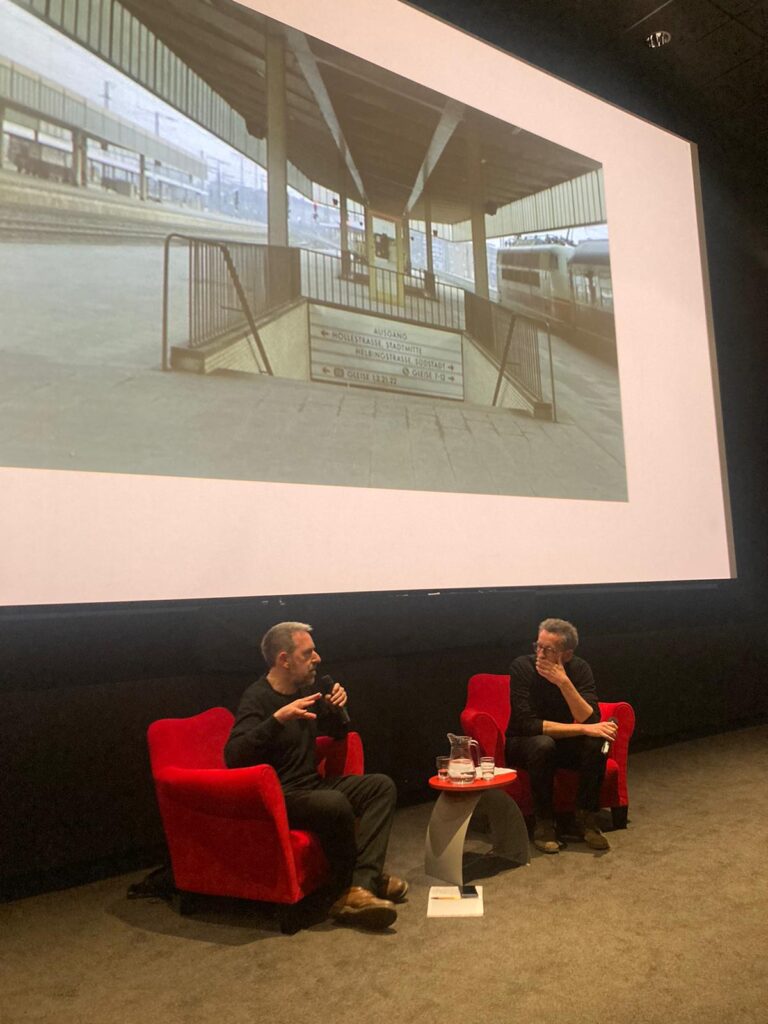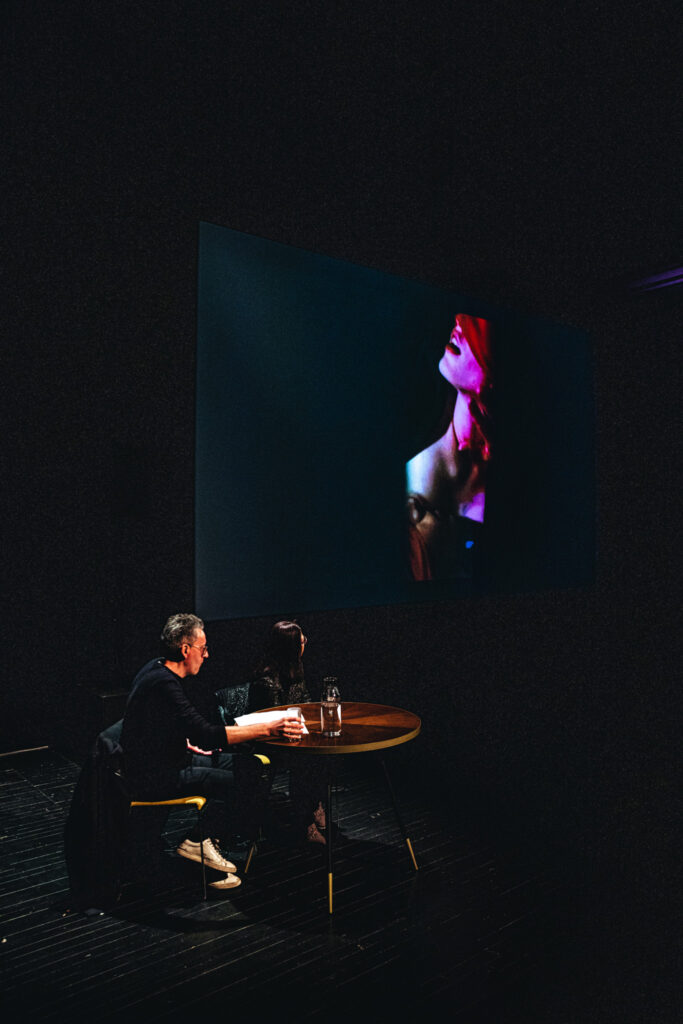Conversation with Pedro Costa about sound and music from Courtisane on Vimeo.
A conversation between Pedro Costa and Stoffel Debuysere focused on the presence and importance of sound and music in his work, in light of the performance of Daughters of Fire at Courtisane festival 2024. Friday 29 March 2024, as part of the Ciné-sessions at the film departement of KASK & Conservatory / School of Arts Gent and in the context of Courtisane festival 2024 and the research project Echoes of Dissent (KASK & Conservatory / School of Arts Gent)

